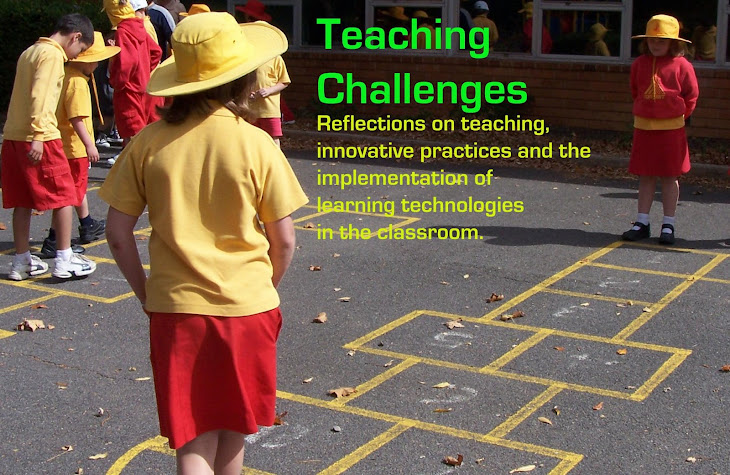I have been aware of this with my own little boy. He has now turned two and seems to be doing fairly well for his age. How do I know this? Through comparisons! I look at other children of a similar age to gauge his development and I monitor his progress by looking at Early Childhood Development resources such as these:
That said, however, I'm still thrown when my Family Day Care Provider mentions that my little one confused sinking and floating when talking about some objects during water play. My logical side tells me: "She is telling me this as it is an area that she has discovered that he is interested in, and that she can work on with him. Besides, sinking and floating is something that will come up continually through both life experience and education. There is no need to be concerned." But my not-so-logical side tells me: "Aaaah! There's something my little boy doesn't already know that has come to his educator's attention. She must think he should know this already! What else have I failed to teach him." RIDICULOUS!
Which brings me back to the title for this post - those tricky conversations. Unfortunately, part of a teacher's responsibility is to inform parents of the areas their child is struggling with, and to provide some suggestions for how to improve. And, whilst we try to do this throughout the year, as the issues come to light, the bulk of this information becomes evident when we collate the assessment results for the term/semester to write reports and allocate grades.
At my school, Semester 2 reports go home during the last week of the school year. Given the process, it would be difficult to send them out any earlier. Final assessments are made in the first five weeks of term. Reports are then written and proof-read a number of times before printing and signing by the class teacher and principal. This then allows parents to read through the reports and contact the school about any questions they may have. In order to prevent issues after the reports have been sent out, teachers are encouraged to contact parents in advance so that there are 'no surprises'. This generally translates to: Contact any parent whose child will be receiving a D grade. But this year I also included students who had dropped a grade in two or more subjects. I dread these phone calls.
This year I have worked quite closely with the students receiving D grades, and I know that they have been trying really hard, and also that they have made progress. But then, when I look at the whole year cohort, it is quite clear that they are not all performing at the same level. How do you explain to a parent, that despite their child's best efforts, they still don't understand the concepts well enough? They still struggle to perform at the standard for their grade level. What is worse is that for some of these students, their lag is such that they may be chasing the tail of the rest of the cohort for the whole of their schooling. And then, how do you explain that holding them back a year may not actually be in their best interest either. Parents just want to know the answers. They blame themselves for their child's struggles and just want to make it right. But there are no easy answers. I hate those tricky conversations.







No comments:
Post a Comment
I'd love to hear your thoughts and questions. Please don't be shy...
:)